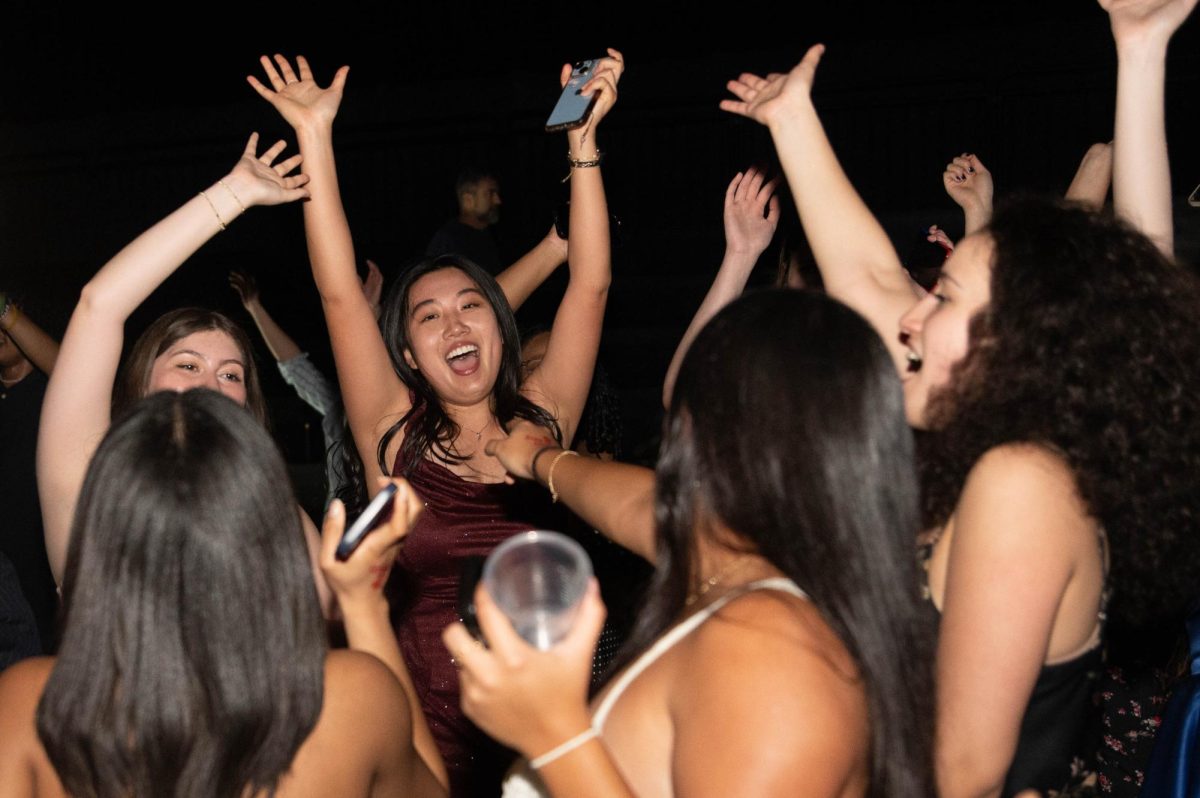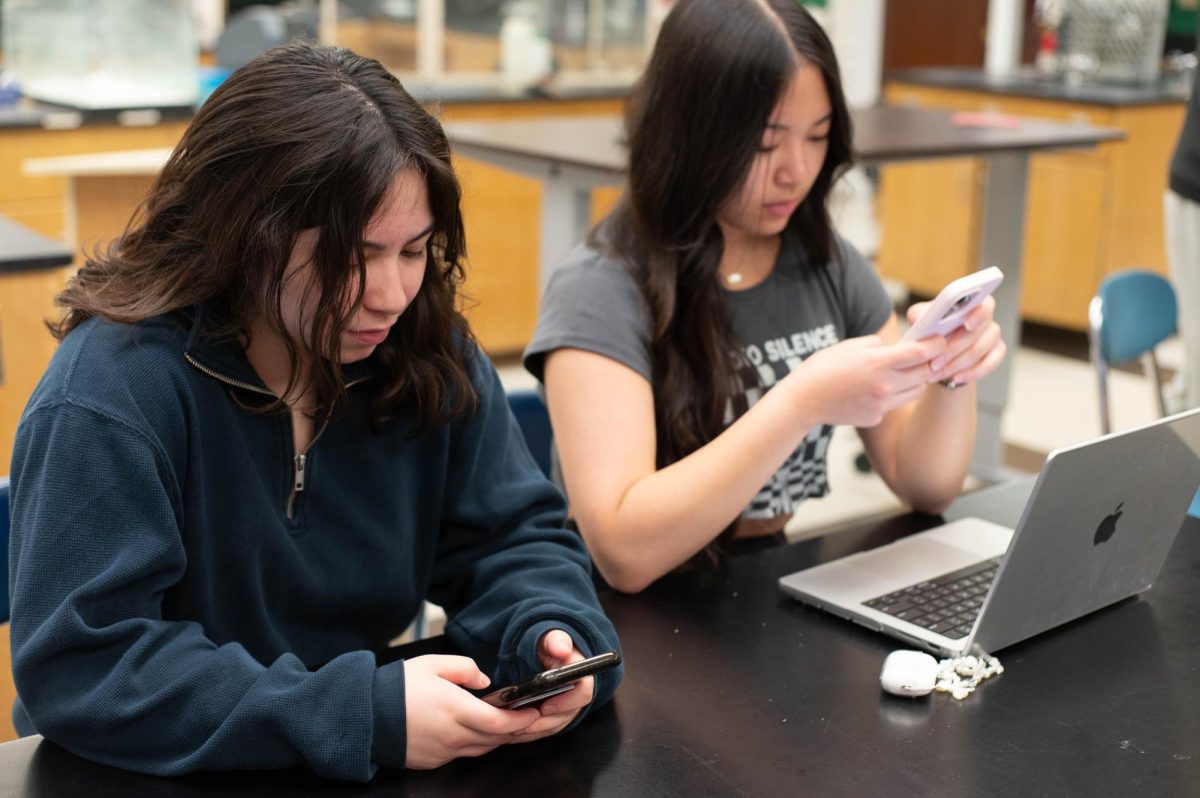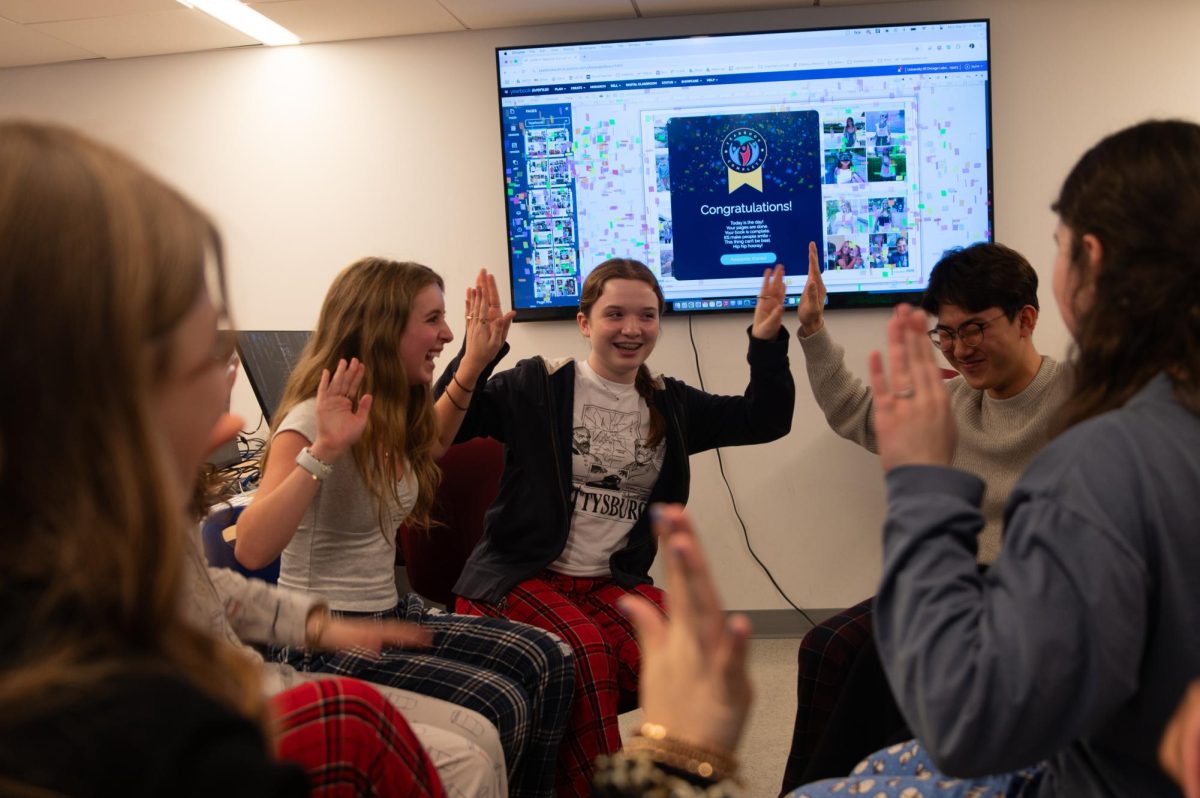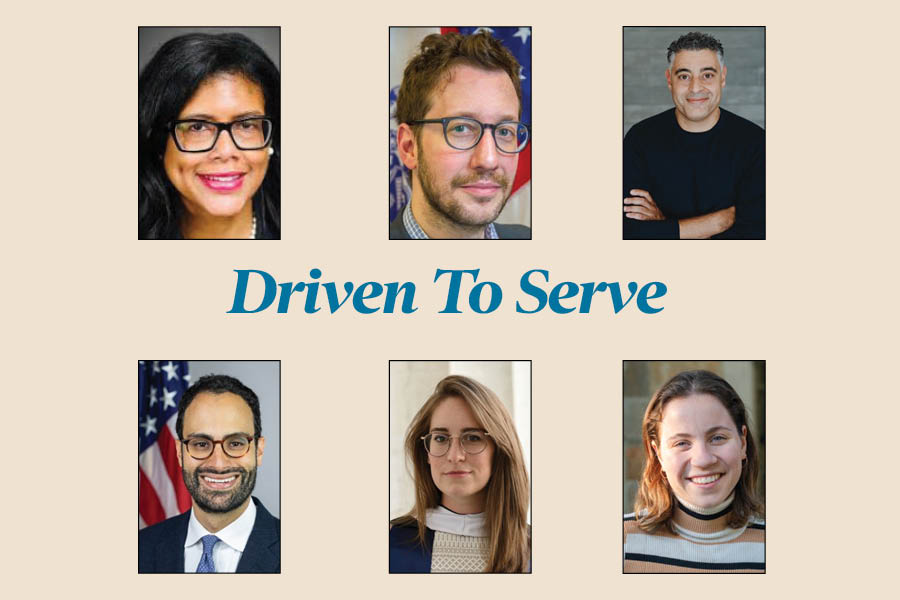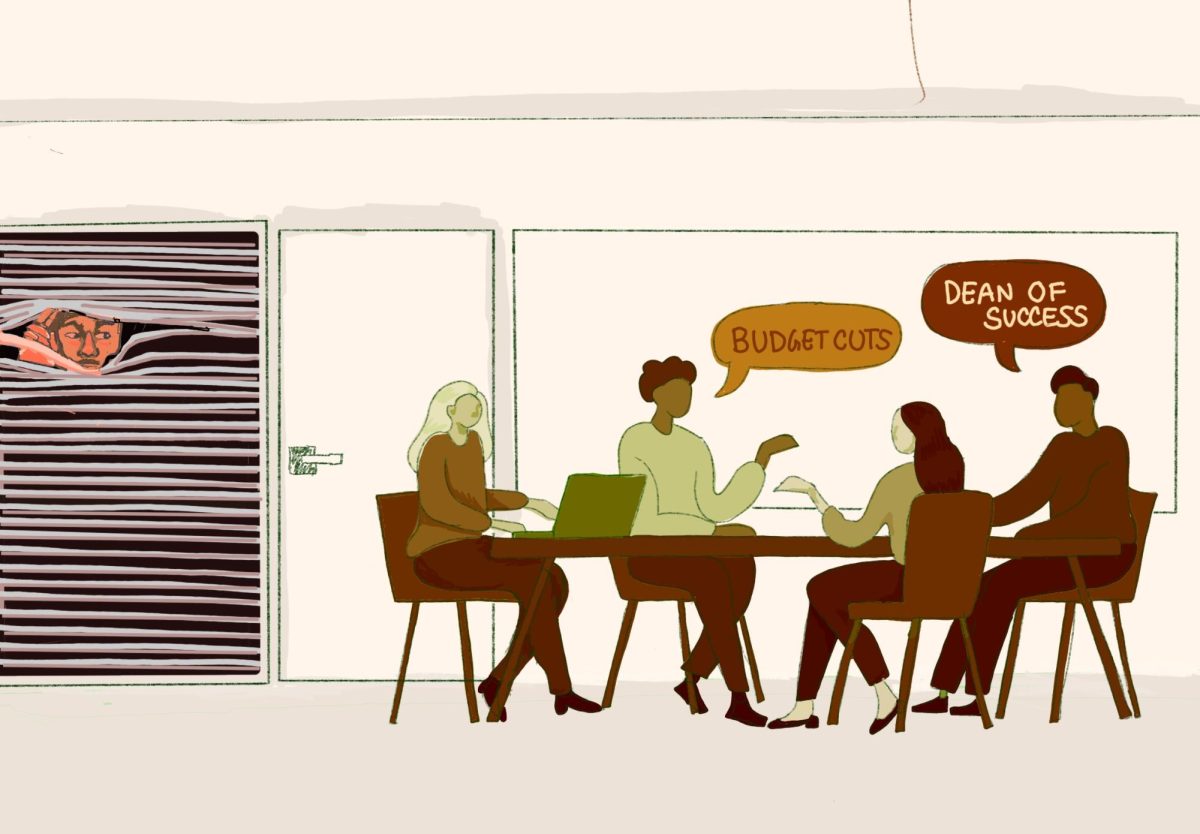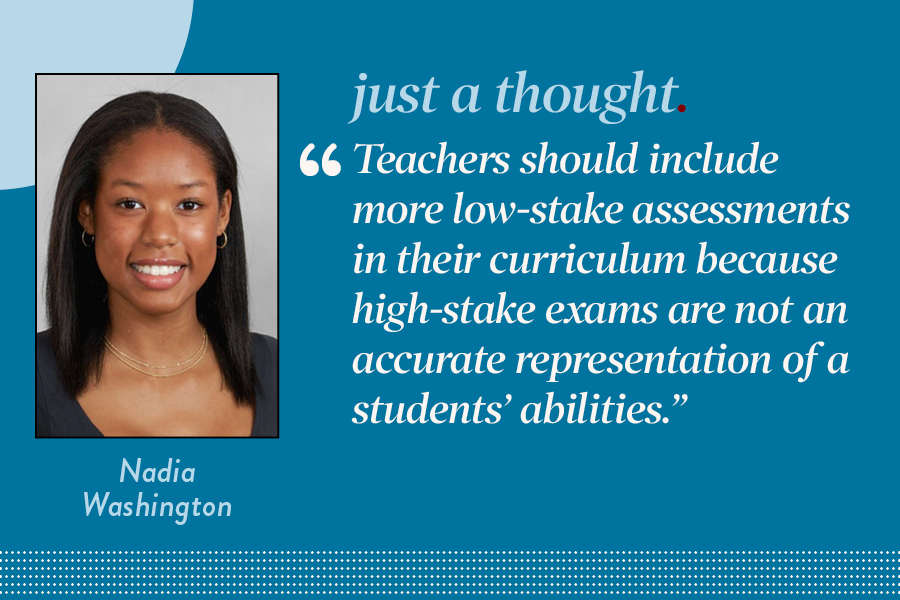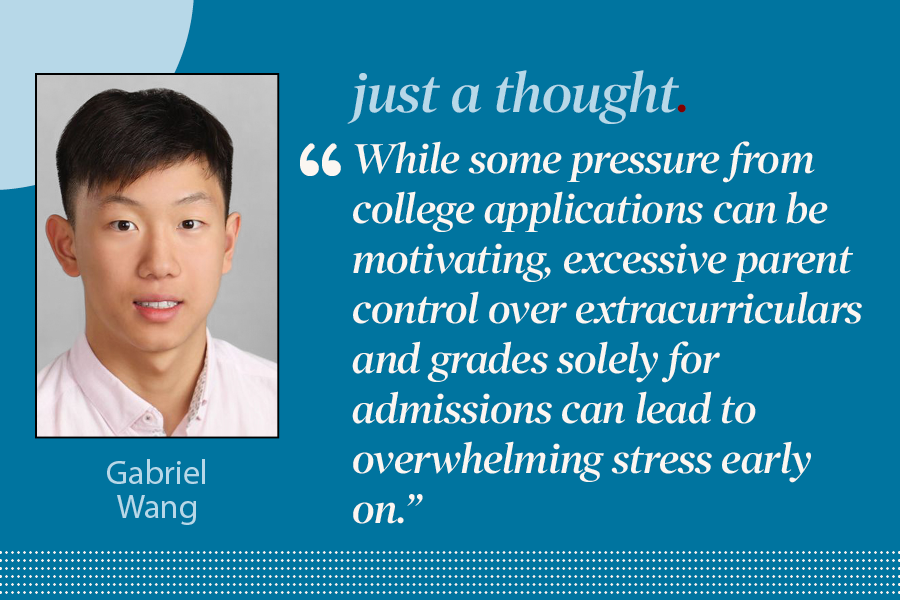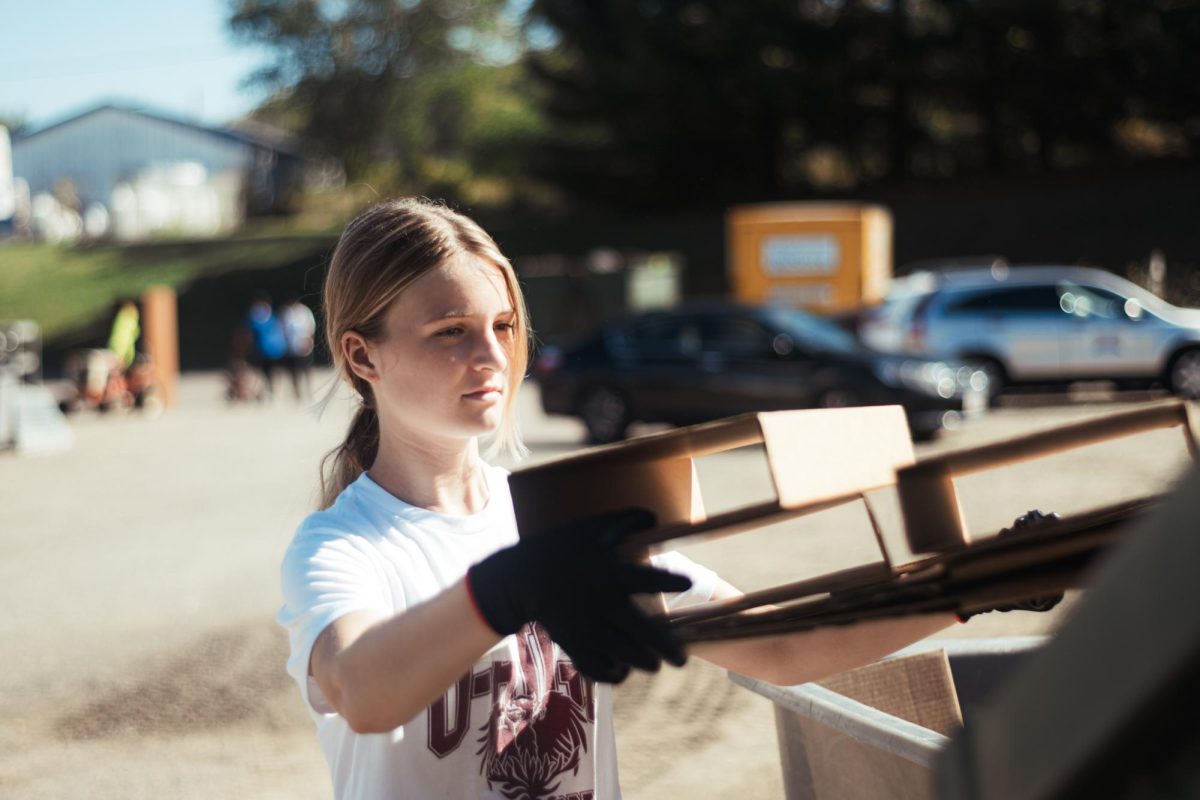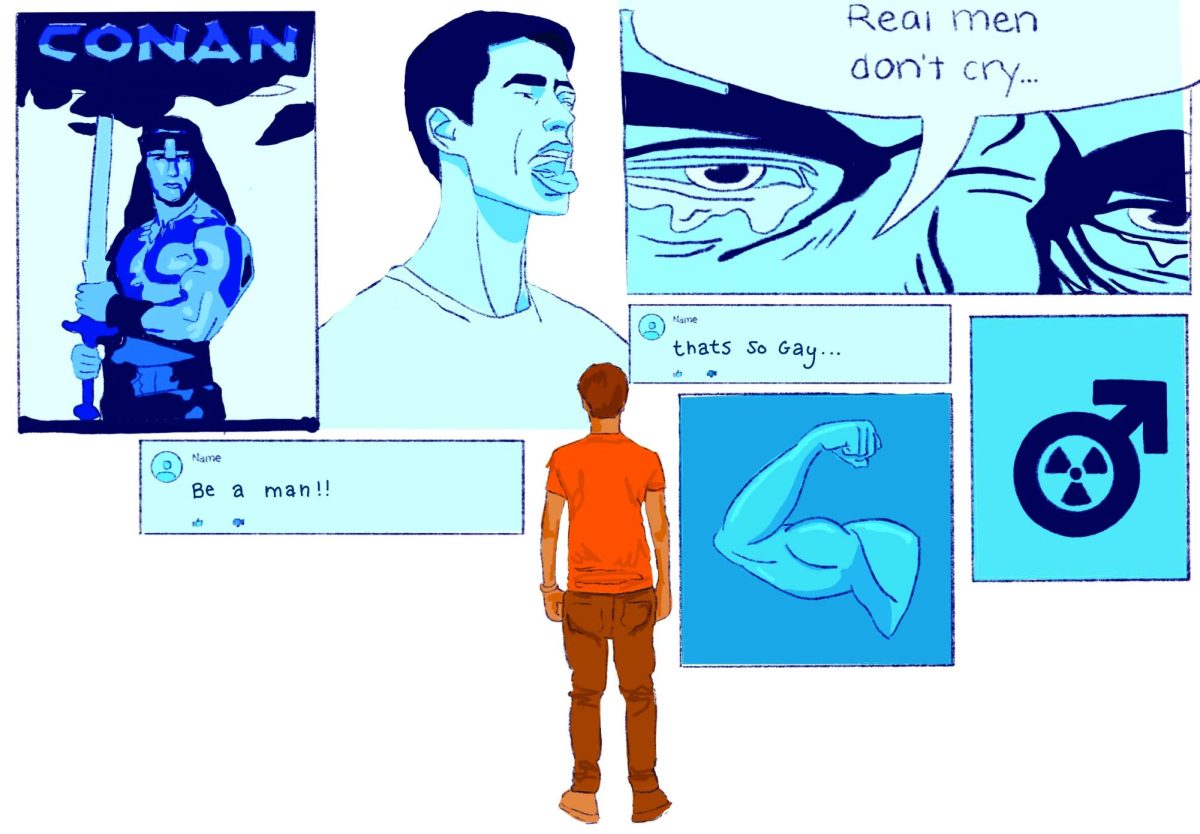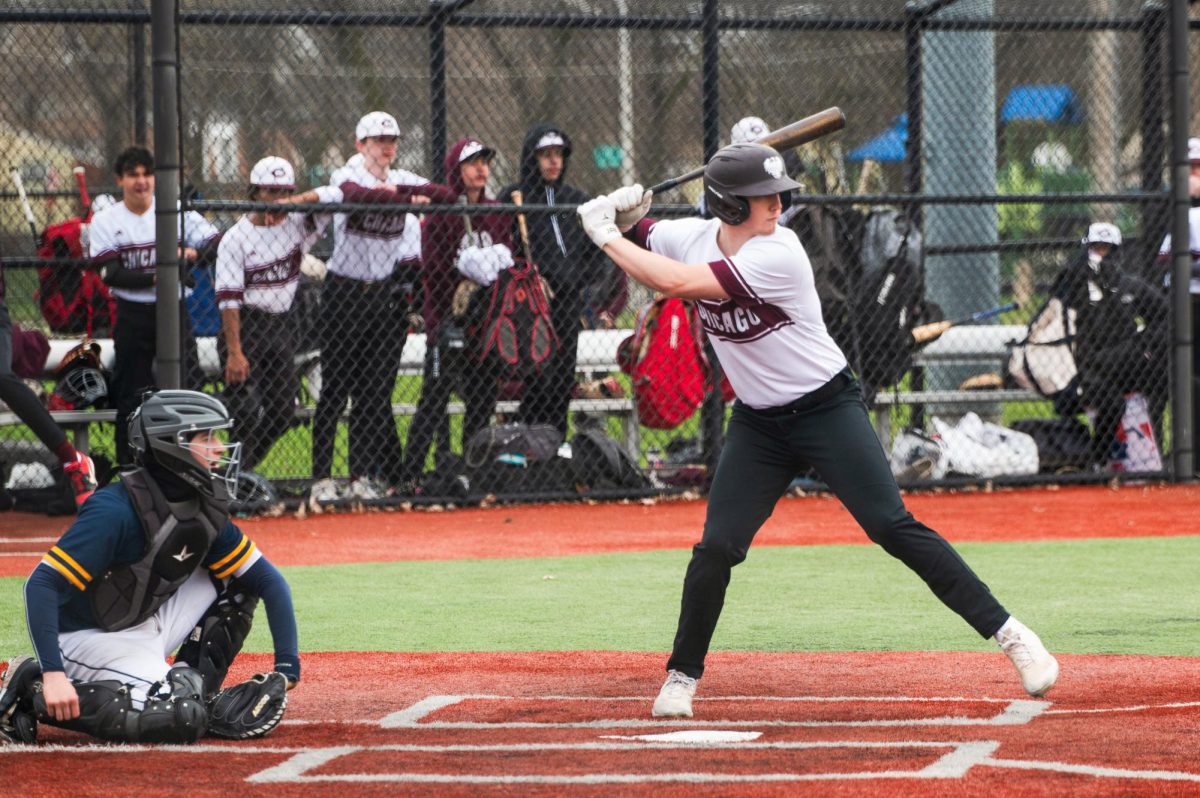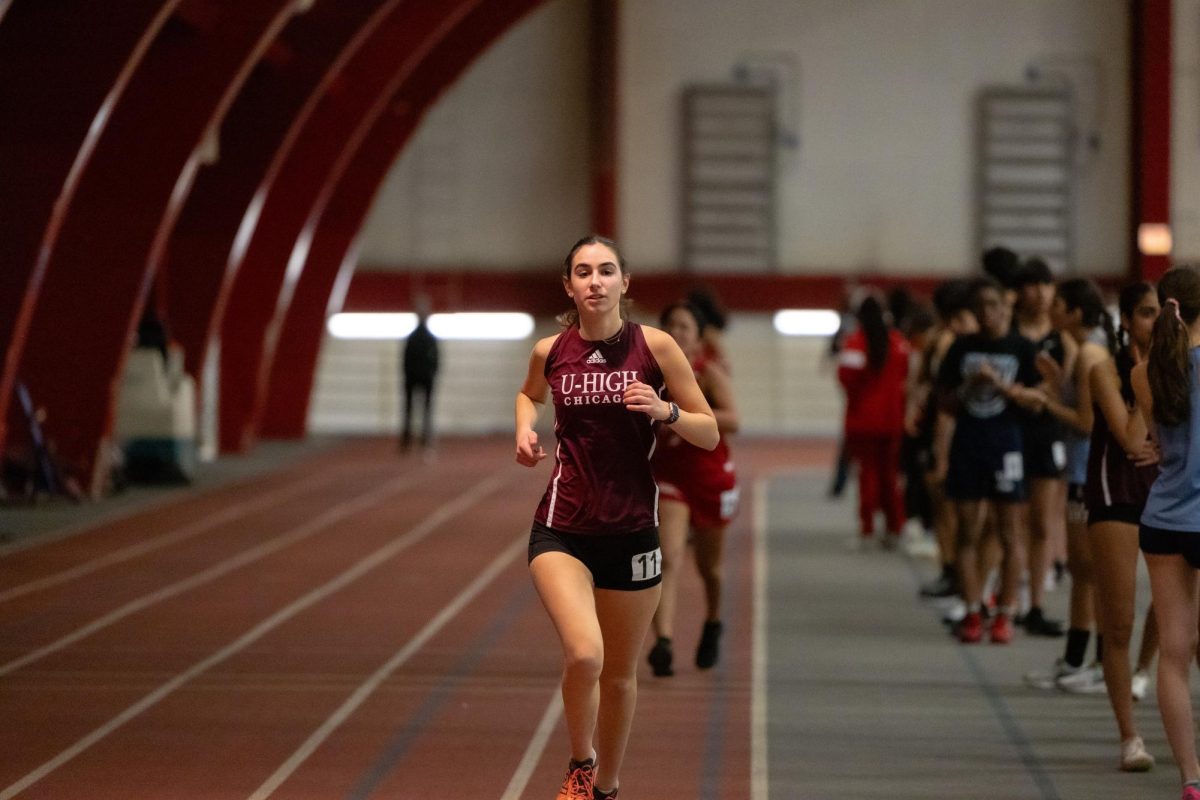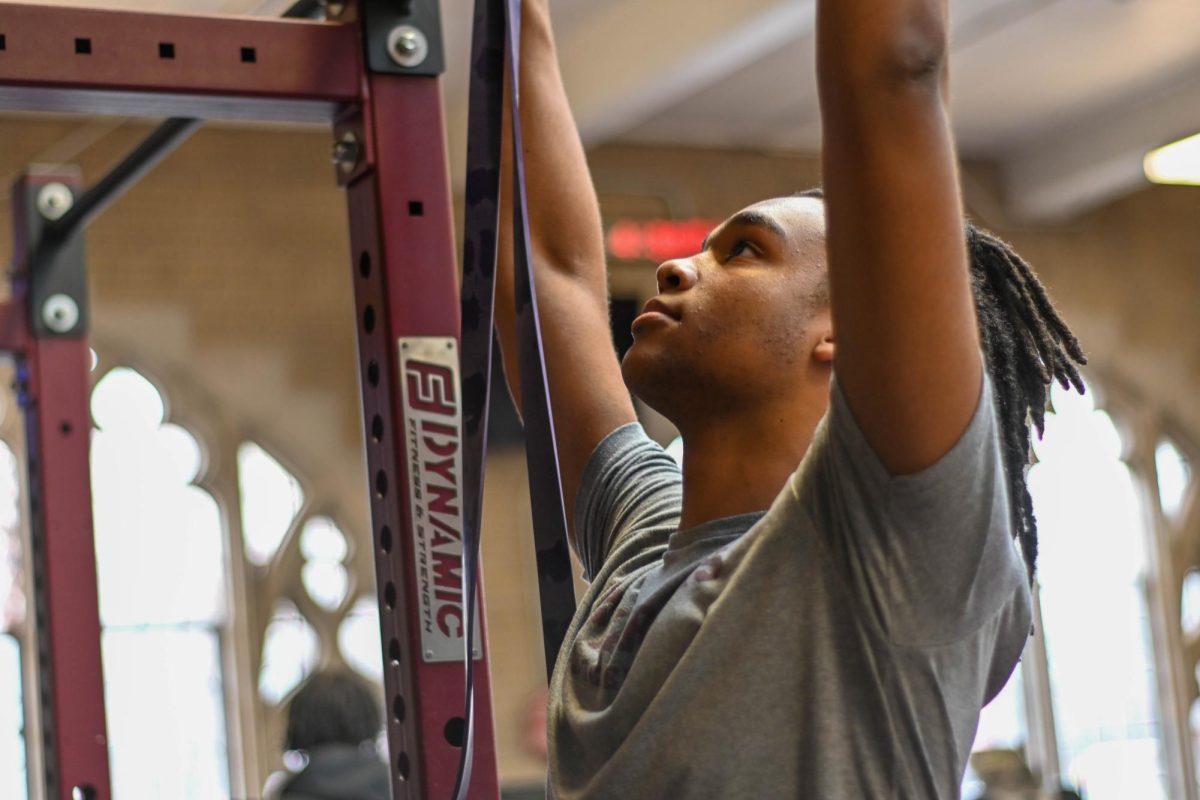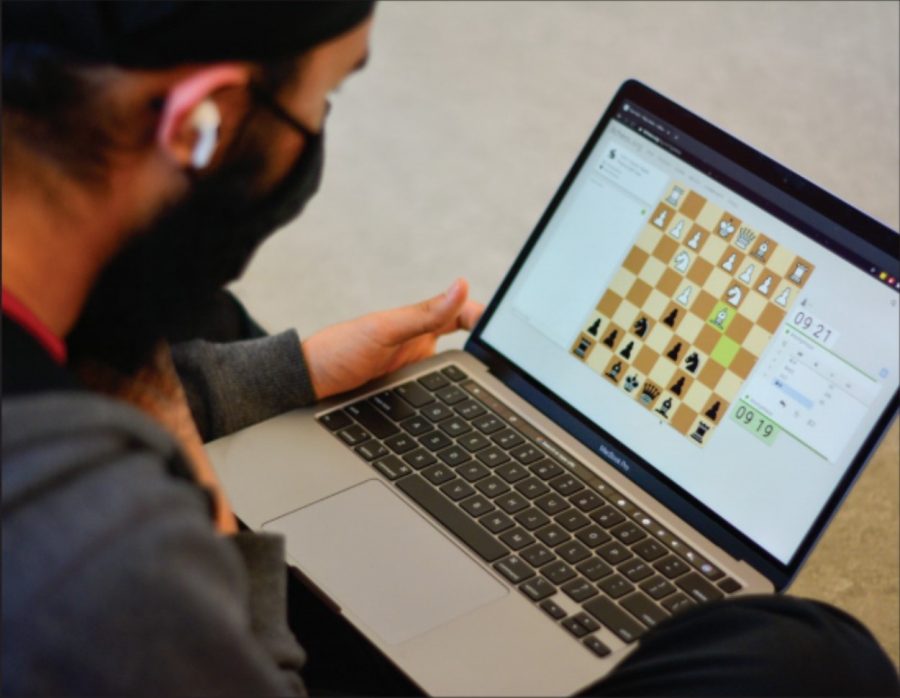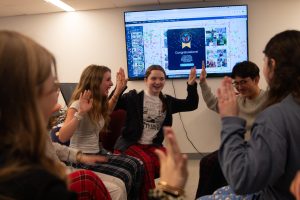Chess boards serve as common ground for online, in-person students
“So considering the pandemic, online chess has become the go-to for a lot of amateur and world-class chess players,” junior Andrew Razborov said. “I think the practicality of online chess and the ability to face opponents of your own level at any time of day has encouraged me to play chess a lot more.”
April 26, 2021
When junior Andrew Razborov was 4 years old, he began playing chess with his dad. In first grade, he began to play with friends via the chess club at Lab, remaining a part of the club well into middle school.
As he progressed to high school, he played less frequently, until he watched a collaboration on Twitch, a streaming platform, between the esports gamer known as xQc and professional chess player Hikaru Nakamura.
Over the course of the pandemic, some students have discovered online chess to be a fun, stimulating and slightly competitive game they can play with friends.
Watching the livestream piqued Andrew’s interest in playing chess again.
“I guess from there I got really back into chess and started playing a lot over the summer, both online and with my dad,” Andrew said.
Like many others, Andrew doesn’t consider there to be a difference between playing online or over the board chess, often choosing to play whichever is more convenient.
“So considering the pandemic, online chess has become the go-to for a lot of amateur and world-class chess players,” Andrew said. “I think the practicality of online chess and the ability to face opponents of your own level at any time of day has encouraged me to play chess a lot more.”
Junior Taig Singh similarly finds online chess appealing because of its adaptability.
“I never plan for it and dedicate time in my day just to play chess,” Taig said. “I just open up lichess.com whenever I’m in front of my computer and want to take a break from whatever it is I’m doing.”
The opponent varies from person to person. Taig most frequently plays against a stranger, as it takes just a few seconds to find a game. He can also send a link of his game server to his friends if he wishes to face competition he may be more familiar with.
Since the start of hybrid learning, Andrew had been playing more with his friends during passing periods, lunch or after school.
“Most people play with friends, which is how I personally prefer to play, regardless of how talented they are at the game or how much experience they’ve had,” Andrew said. “Literally anyone can play because the rules are simple, and it’s very engaging.”
Both Andrew and Taig find that chess differs from other entertainment activities such as sports or video games in that it is exclusively a mental game.
“The only real thing that you do when you play chess is think about the next move,” Andrew said. “Even when you are watching the game, or even when the game might not go as you wanted it to, you still manage to mentally engage in it.”
Taig values the amount of mental stimulation a game of chess provides.
Taig said, “It’s purely mental, and I never have to think ahead as much in other activities as I do in a game of chess.”


